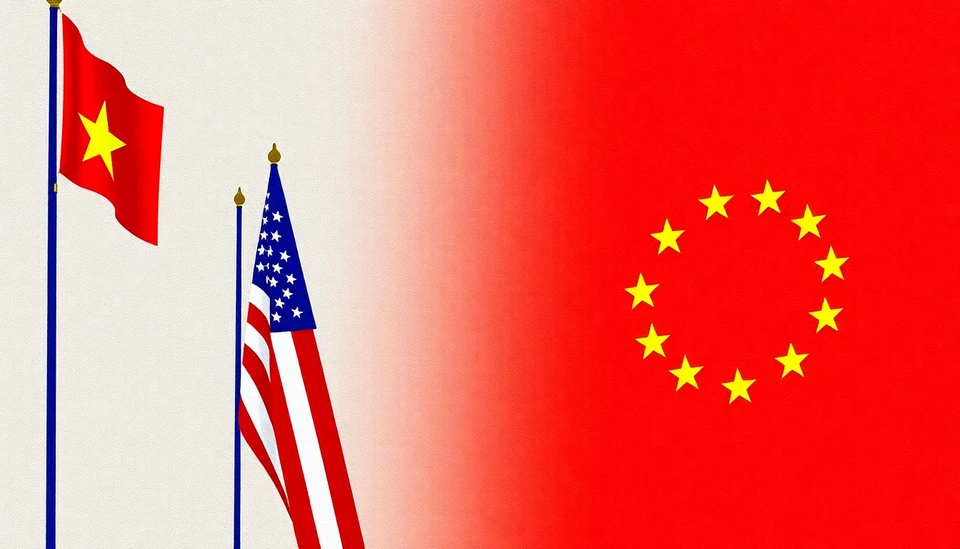
In a recent opinion piece, the owner of Politico urged a united front between the United States and the European Union to contest the immerging economic challenges posed by China. The piece highlights the urgent need for both Western powers to coordinate their strategies in addressing trade imbalances and unfair practices that have characterized China's approach to global commerce.
The call for unity comes as tensions between the West and China intensify over trade policies, technology transfer, and market access. The author emphasizes that a fragmented response from the U.S. and EU will only embolden China's assertive trade tactics, which have been viewed by many as both aggressive and unfair. Thus, the need for a consolidated strategy is not just a recommendation; it's painted as a necessity for preserving the structural integrity of global trade.
A key focus of the discussion is the necessity of aligning regulatory approaches to create a robust defense against practices such as state-supported industries, which allow Chinese companies to undercut their foreign competitors. The need for a coordinated response, which may include tariffs and stricter regulations, has been echoed by various policymakers across both regions.
The article notes that historically, the U.S. and EU have been able to drive significant trade policy changes when they act in concert. Pointing to past negotiations such as the Paris Agreement, the author argues that a similar cooperative effort is needed to pressurize China into adopting fairer trade practices. Cooperative trade frameworks, the article suggests, would not only cushion Western economies but also incentivize China to revise its approach.
Furthermore, collaborative technology policies are discussed as a vital component of this strategy. With technology being the forefront of competitive advantage, the ability for the U.S. and EU to jointly regulate and control technology exports to China can deter potential threats posed by state-sponsored espionage and intellectual property theft.
In conclusion, the piece encapsulates a compelling argument for mutual cooperation between the U.S. and EU, positing that a fragmented approach against China will only result in further complexities within the global trade landscape. In a world where economic relationships are intricately intertwined, the author insists that cohesiveness will be the key to maintaining an equilibrium in international trade relations.
As the landscape of global trade continues to evolve, the message remains clear: failure to unite against China’s trade practices may lead to dire consequences for both American and European economies.
#TradeUnity #ChinaTrade #USTradePolicy #EUStrategy #GlobalEconomy #PoliticoInsights #EconomicAlliance
Author: Laura Mitchell




